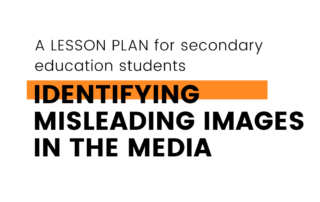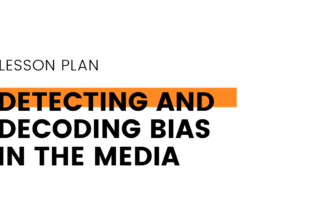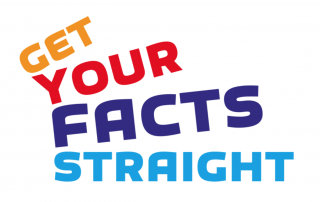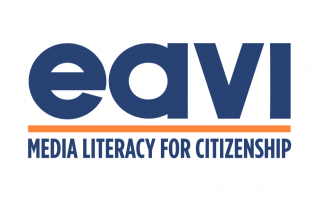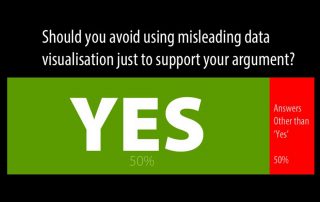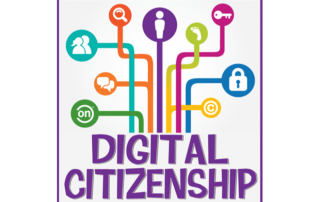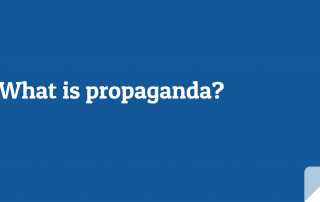Lesson Plan: Identifying misleading images in the media
We are part of a mediated world. The development of technology has led us to a “new” digital world. We interact, communicate and even learn and work online, sometimes without restrictions and boundaries. Different people of different ages and social backgrounds communicate daily through their devices. Someone can say that the whole world is in our hands since a mobile phone can give us access to a variety of information and opportunities by touching the screen. However, this online freedom has two sides; it can be a golden ticket, but it can also turn [...]
Lesson Plan: Detecting and decoding bias in the media
We live in an era of technological advances where we work, learn, communicate, get informed, and have fun online. Regardless of age, people nowadays tend to interact with devices, gadgets, and a variety of media almost all day. At the same time, many agree that we live in a post-truth era where non-factual and subjective perspectives increasingly impact our beliefs, thoughts and perception of reality. Negative and biased beliefs of specific groups of people (e.g. people of colour, homeless, disabled, women, refugees, migrants, etc.) form part of the information we come across online. Additionally, [...]
GetFacts Training Outline and Toolkit
EAVI is the expert partner in the "Get Your Facts Straight!" project coordinated by All Digital. Together with partners, we have developed a training programme for a 15h training course for 14-16 year old students and their parents and grand parents (5 hours for young people, 5 hours for adults, and then 5 hours mixed group). The course can be done both in schools, as well as in non-formal educational settings such as youth clubs, libraries, NGOs. The training course consists of 3 modules and a final assignment: Module 1: What is disinformation? Module [...]
Media Literacy Workshop (Ages 10-11)
Each part of the workshop is around one-hour in duration. The full day workshop will cover all of these parts. Pupils will be split into groups of four, of two girls and two boys where possible. They will be asked to work as a class in discussion, and in groups for some activities. Each part has an introduction of the key points, followed by a discussion, followed by activities and presentation of those activities by pupils, as well as further discussion if necessary. Learning goals: Part 1: The media and Me Participants will be [...]
Lies, Damned Lies & Statistics
Duration: 1 and ½ hours Introduction: It has become remarkably simple to create a valid-looking website, which to the unassuming eye resembles an official, big-name news outlet. But as if verifying text content wasn’t hard enough, seductive visualisations; graphs, charts, and maps, made with free tools found anywhere on the internet, can make fact checking even harder. In an increasingly data-saturated world, individuals without the necessary skills to interpret the visualisation of that data with a critical eye are at a disadvantage. Indeed, while there is no shortage of disinformation and “FAKE NEWS!” around, [...]
Digital Citizenship: Filter Bubbles
Duration: 1 and ½ hours Introduction: The rise of filter bubbles and echo chambers on online platforms such as Facebook, YouTube and Google has brought about significant social issues. Namely, that the algorithms at work on the web are extremely personalised (also relating to issues of data privacy and consent) and operate to direct our attention towards the online content that the platforms feel we are most likely to agree with. This results in a widening gap in society whereby people only share, create and communicate in an online ‘bubble’ composed of individuals with [...]
Fake News and Fact-checking
Duration: 1½ hours Materials: Infographic: Beyond ‘Fake News’ Download a copy of our Beyond Fake News infographic with the link above. It is also available in Greek, French and Dutch. Game: Beyond the Headlines Graphic: 5 Key Concepts and Questions for Media Literacy Introduction The work needed to effectively filter information in our media-saturated environment takes time and skill. A recent study showed that the more content we consume, the more our ability to make decisions about its veracity becomes impaired. With 80% of Europeans now regularly going online, it is vital for the [...]
Propaganda
Topic: Propaganda Aim: Introduce students to the history of propaganda, identify current uses of propaganda in the media In the modern era, where the tactics adopted to spread propagandistic messages have grown more and more refined, subtle, and persuasive, the minute we stop observing with a critical eye, we have already been persuaded. Those who are the most exposed to this phenomenon are the younger ones, thus we identified the necessity to design training materials that can address the problem and hopefully enhance the critical thought and independent judgement of students. Most of the [...]

